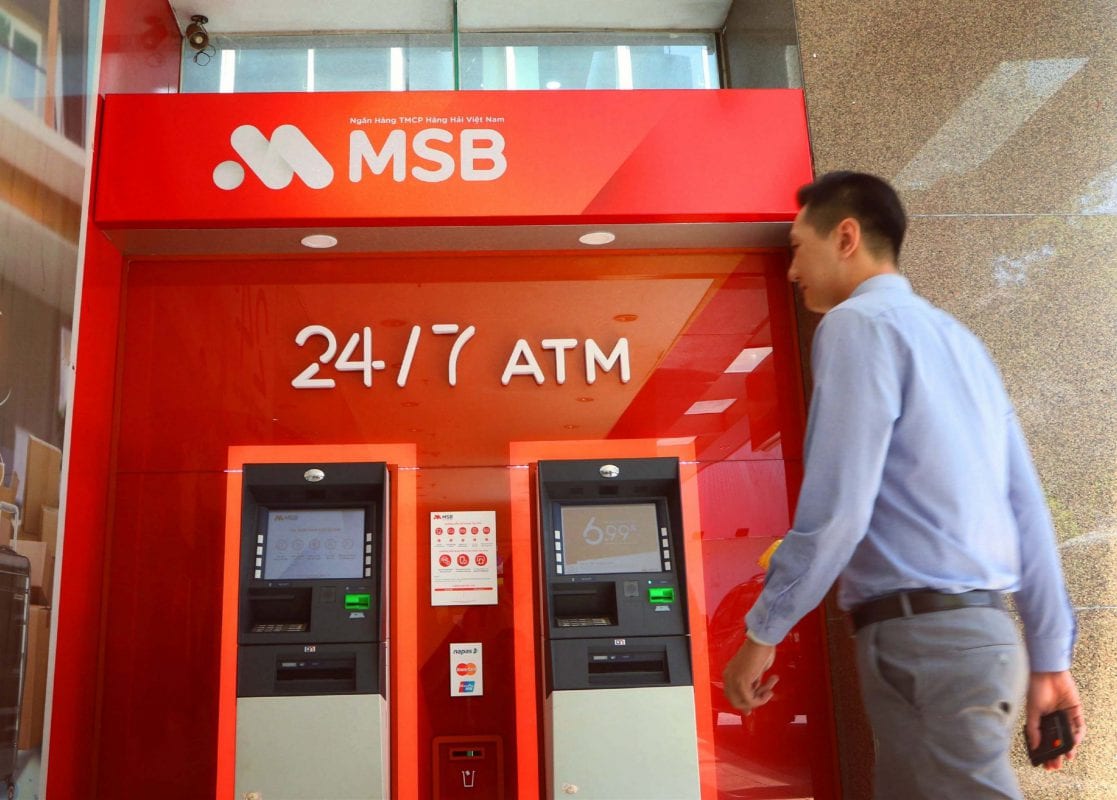Vietnam Maritime Commercial Joint Stock Bank (MSB) is one of the banks nearing the ceiling of 30% foreign ownership. As of March 9, the number of shares held by foreign investors at MSB is more than 599.5 million shares, equivalent to a foreign ownership rate of 29.98%.
The reason foreign investors hold a large amount of MSB shares can be explained by the bank’s positive growth rate and asset quality. Over the years, MSB’s total operating income and profit have continued to increase. In 2022, net interest income accounted for nearly 78% of the bank’s total operating income. MSB’s fee income from bancassurance and foreign exchange also contributed significantly to the bank’s growth in the past year.
Vietcombank Securities analysts believe that MSB’s advantages of low deposit costs, high growth rate, and profits from insurance cooperation deals and subsidiary transfers will help the bank supplement capital to develop retail banking and core business activities in the long term.
In 2022, MSB is restructuring its assets by increasing the proportion of lending to individual and SME customers and reducing the proportion of high-risk areas. MSB’s lending structure will shift towards production and distribution of electricity and energy, as well as commercial loans for light industrial goods and consumer goods.
MSB’s demand deposit ratio (CASA) is over 30%, which is one of the highest in the industry. In 2022, the bank’s demand deposit balance is expected to continue growing, and the demand deposit rate reached 31.2%, with the average CASA rate in 2022 at 36%. The high CASA ratio and optimization of capital structure have made MSB one of the few banks to keep NIM growing.

As of December 31, 2022, MSB’s total assets reached more than VND 213,000 billion, an increase of approximately 5% compared to the previous year. The outstanding loan-to-deposit (LDR) ratio was 68.77% (compared to the 85% limit) and the short-term capital ratio for medium and long-term loans of the banking segment was controlled at 23.57% (compared to the requested 37%). The bad debt ratio (NPL) of the banking segment according to Circular 11/NHNN is at 1.21%, and the restructuring debt balance is only about VND 1,400 billion.
Recently, MSB was granted the best credit limit among banks by the State Bank of Vietnam at 13.5%, mainly due to the much lower LDR ratio compared to other banks, according to VNDirect. SSI Securities Joint Stock Company forecasts that the pressure to mobilize capital will be clearer in 2023, when deposit interest rates are expected to increase.
Related
Source: Vietnam Insider
